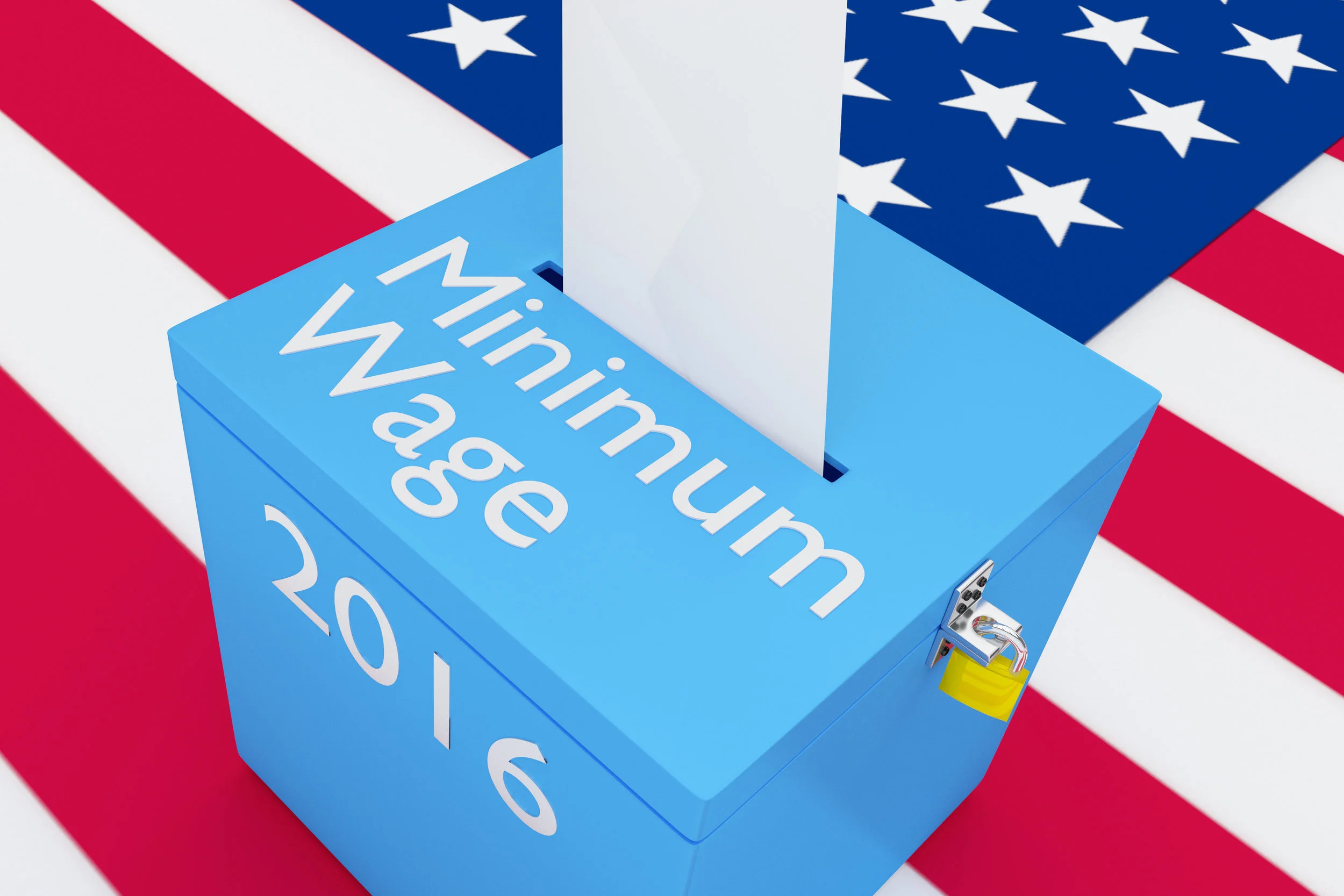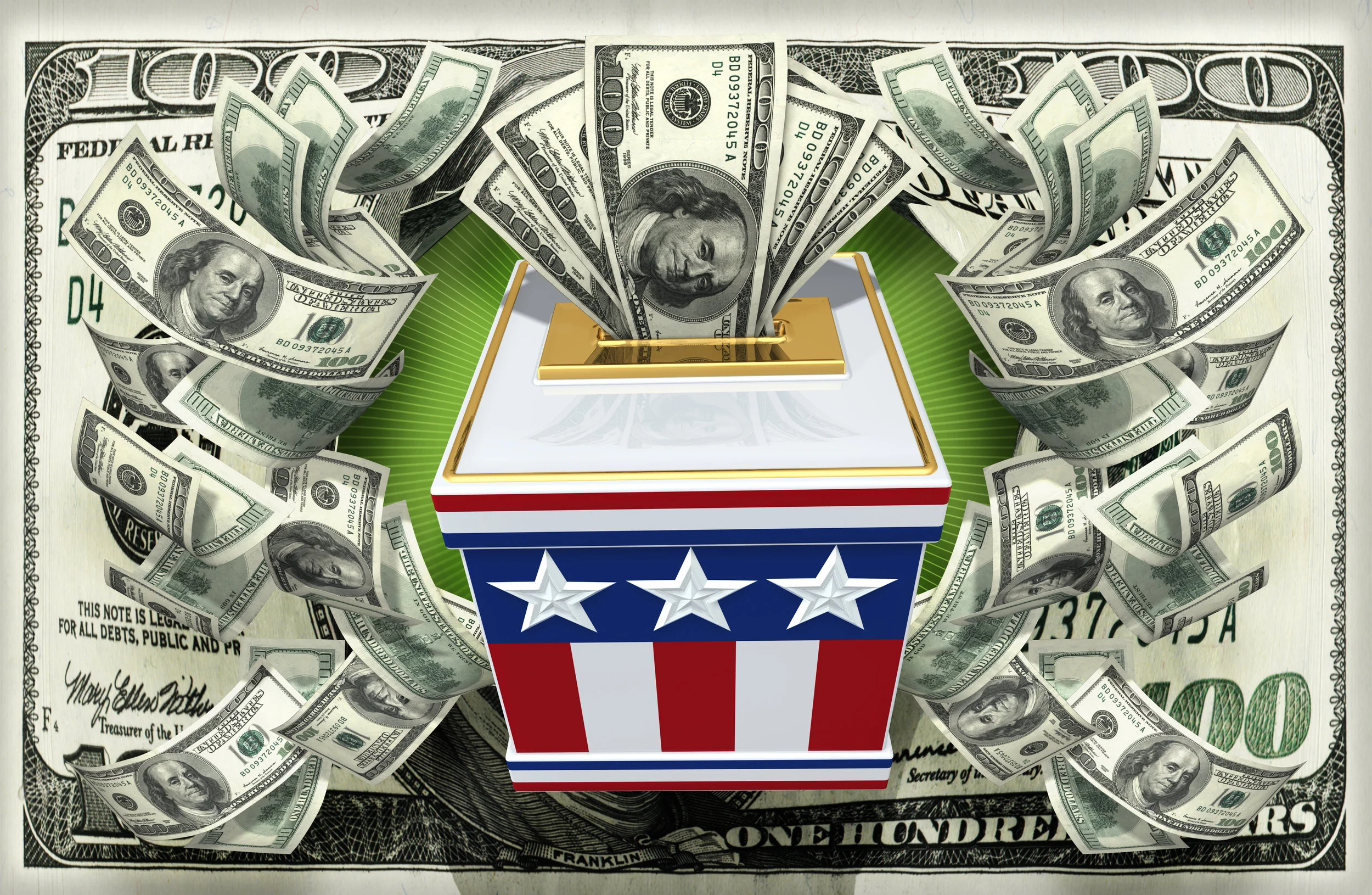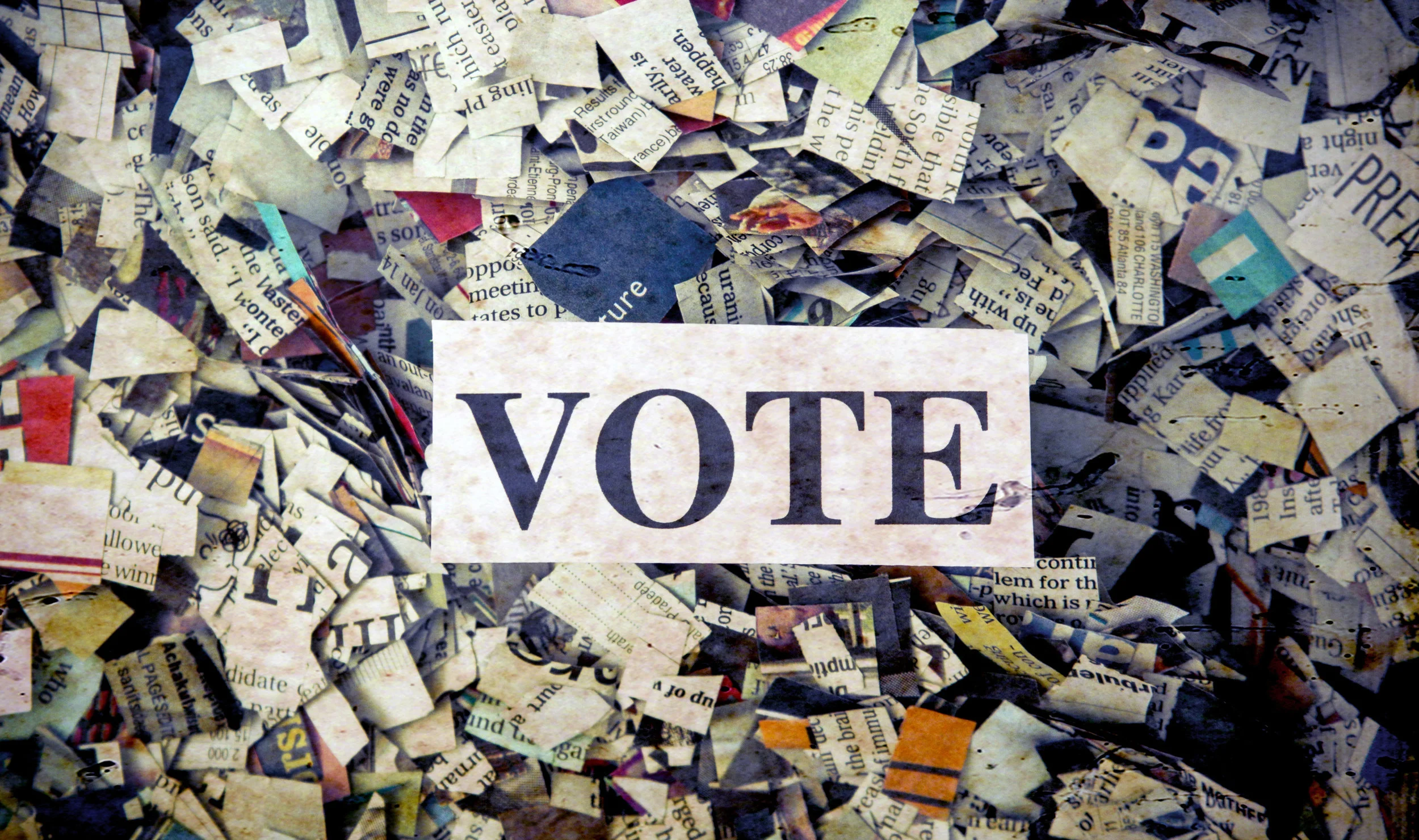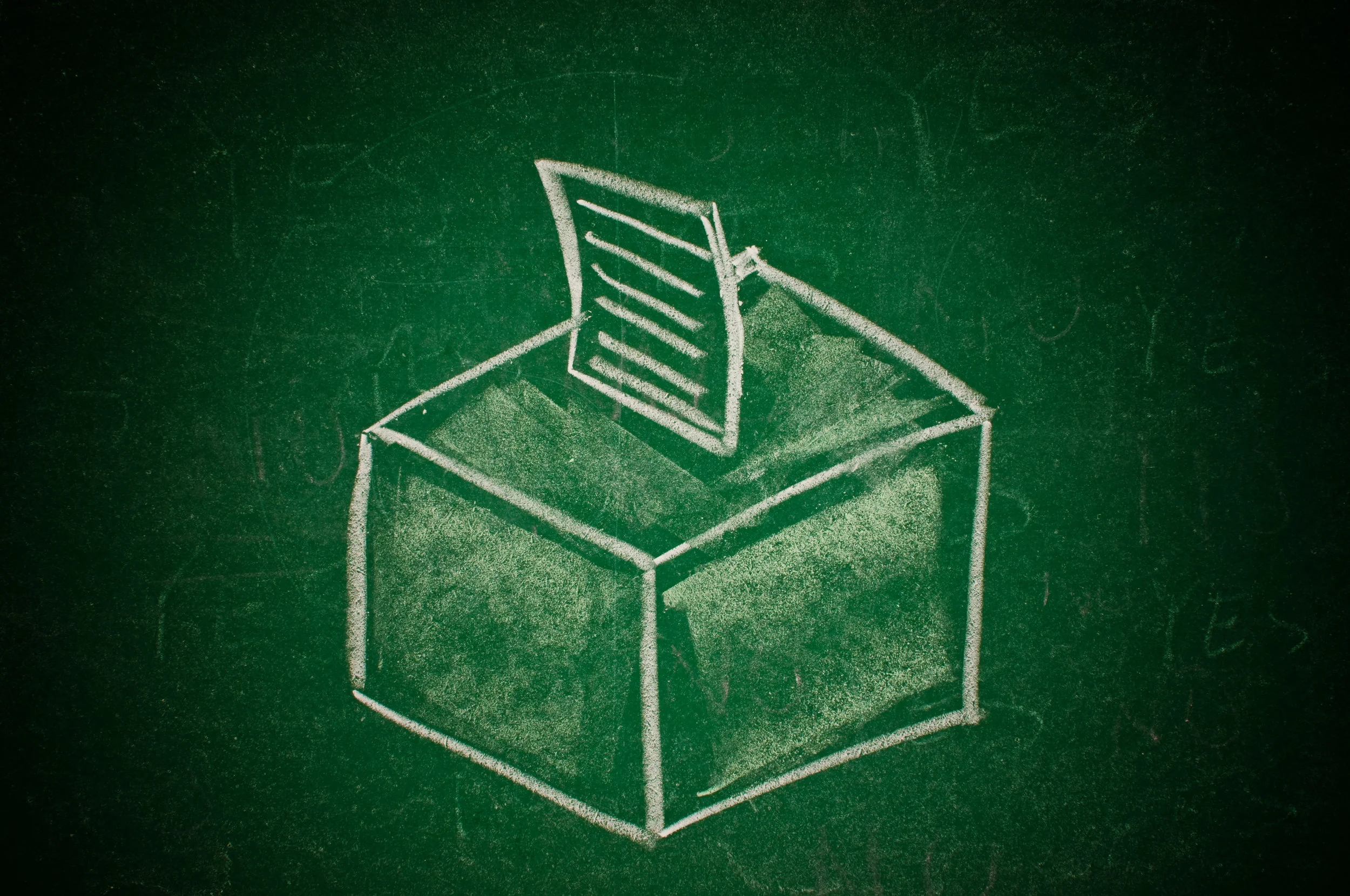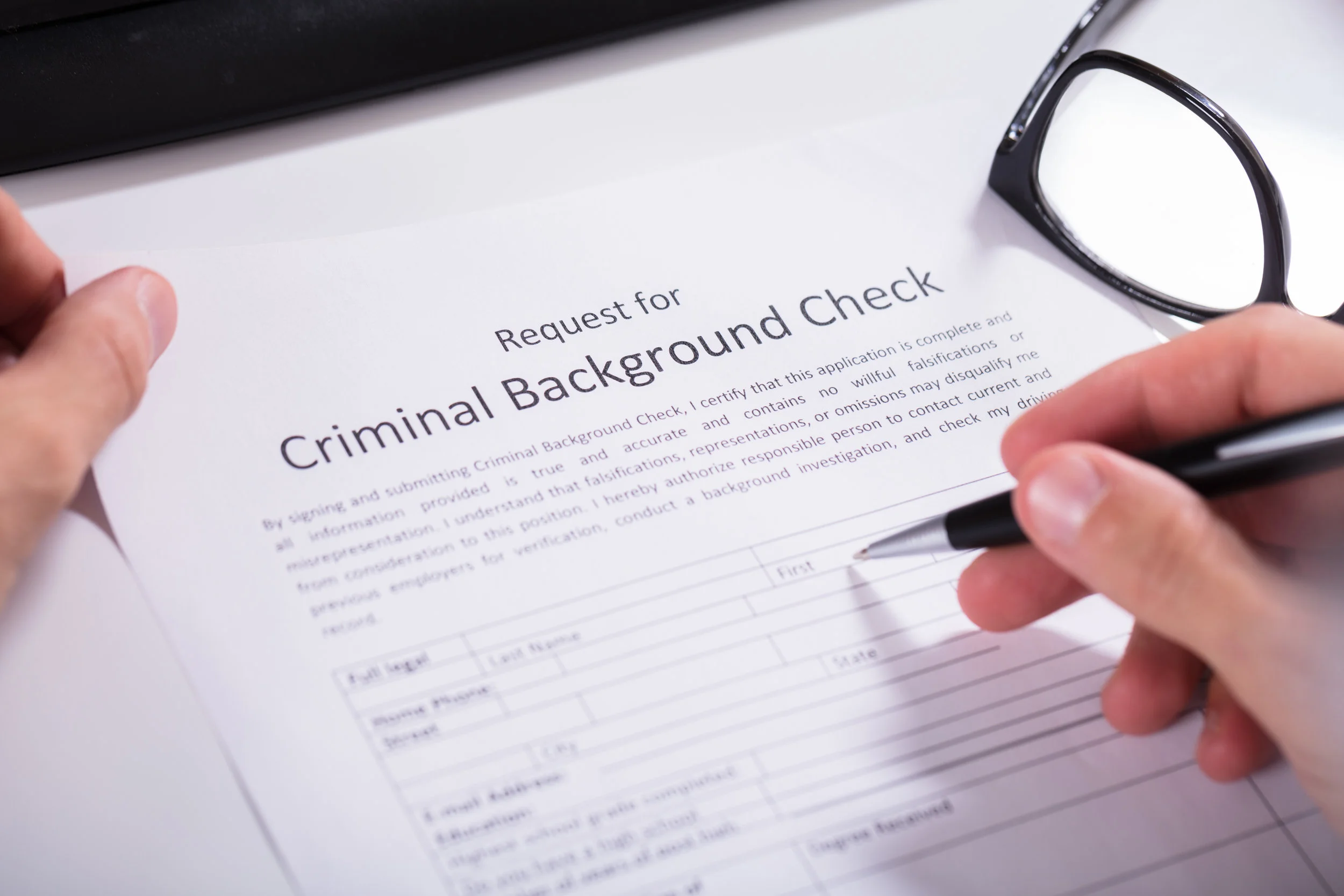“Across the country, more than six million people have lost the right to vote because of their criminal records. More than 1.5 million of them live in Florida, a higher number than in any other state,” writes Emily Bazelin for NY Times. Bazelin’s piece highlights the experiences of two advocates, one Republican, the other Democrat, fighting for “the expansion of the franchise to be a key pillar of the platform of both parties.” A proposed ballot initiative for this November, Amendment 4, would restore the voting rights of ex-felons (although Floridians convicted of murder and sex offenses would not be able to vote under the proposed law). And it's a popular reform, with 71 percent support according to a recent poll. So why would anyone want to oppose it?
In the winner-take-all system of electing the president, the stakes are potentially very high. If this law went into effect, it could possibly change the balance of voters favoring a Democrat or Republican for president in any given year. That might be of less concern in a red state or a blue state, but Florida is very often among the most closely contested states nationwide. in 2012 Florida was the closest state in the country in electing President Obama. In our last election, President Trump carried the state by less than 1.2 percent. And because Florida is among the most populous, it has a lot electoral votes to give.
But what if we elected our president by the winner of the most votes cast nationally? The overall impact of roughly a million more votes cast by ex-felons in Florida would be significantly less likely to determine the winner of the presidency alone, but citizens in every state as well as Florida would finally have a voice in electing our president because every voter would matter equally.
If you agree, consider being a supporter of Making Every Vote Count. Click this button to see what is entailed in signing up as a supporter.



